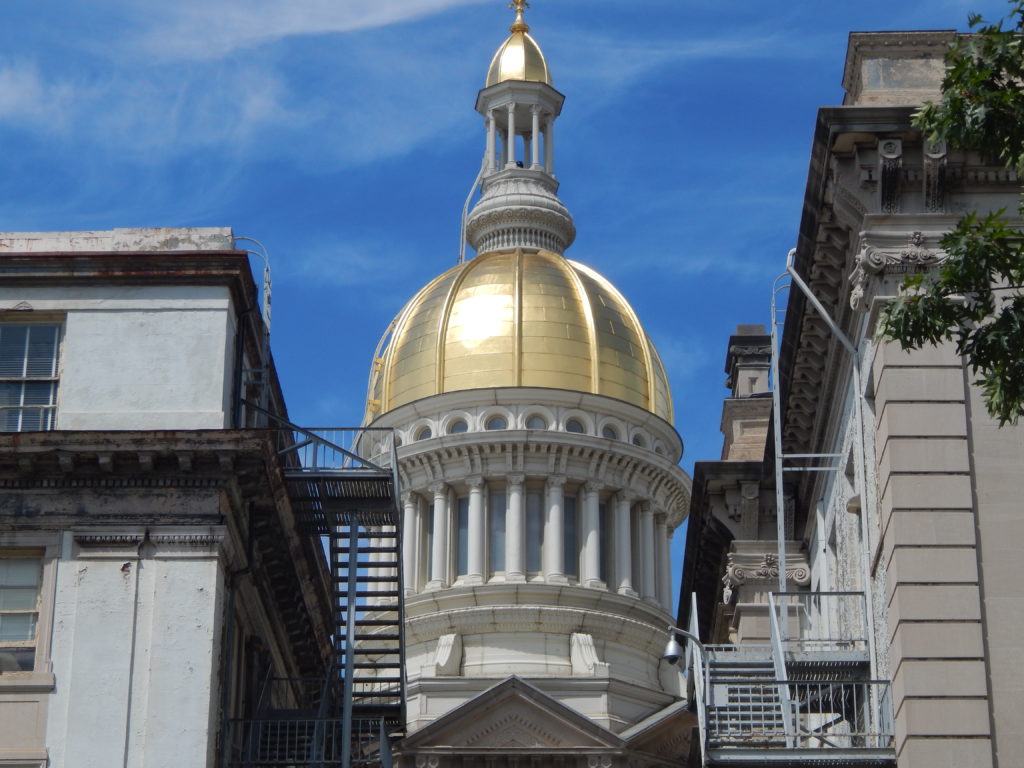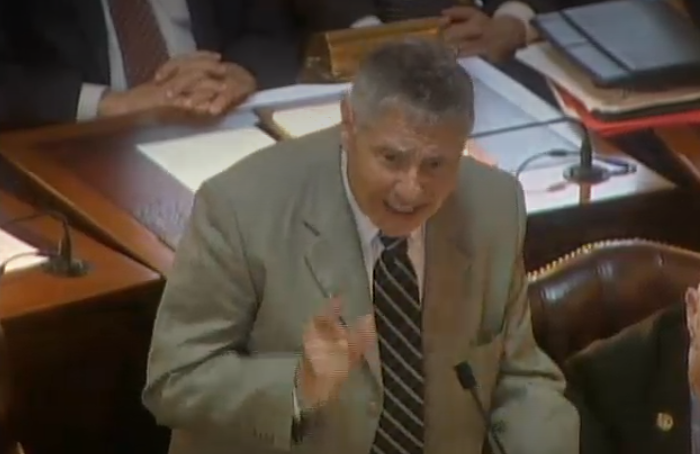
Government can move pretty quickly when it’s trying to help itself.
We saw that a few months ago when legislators dramatically increased their pay, effective in 2026.
Now, a bill to substantially weaken access to public records and data is being pushed through the Legislature.
Assembly and Senate committees held hearings on the bill Monday. While they were scheduled simultaneously, testimony went off in the Assembly in the morning and in the Senate in the afternoon.
Despite much public opposition, the Assembly State and Local Government Committee endorsed the bill, but stressed that the game is not yet over “I know there will be amendments to this bill,” said Robert Karabinchak, the committee chair.
At issue is the Open Public Records Act, which is a bit more than 20 years old. What’s known as “OPRA” has never been great. There are loopholes to be sure, and government on all levels used the pandemic as a convenient excuse to stop, or at least delay, fulfilling OPRA requests.
Lawmakers are now ready to make some changes to OPRA. And in typical Jersey fashion, the plan is to weaken it.
In short, the revised bill would make it easier for government to keep records from the public.
For example, “draft” records and reports would be exempt. Talk about a massive loophole. How hard would it be for a town or county government to simply label documents a “draft?”
The changes also would exempt email and call logs among officials related to public business.
Moreover, it would allow “record custodians” to deny requests if the agency thinks it could lead to “harassment” of officials. That may make sense in a vacuum, but it’s also very vague and subjective.
Additionally, there are provisions that would make it harder for attorneys who successfully challenge public record denials to be reimbursed by the offending government agency.
A small number of supporters said they liked the bill, because it offers protection of personal information.
But as the hearings unfolded today, it was clear they were in the minority. It was also clear that the proposed bill has done something remarkable – brought varied interests and groups together when political polarization is common.
Opposition at the Assembly Committee hearing, as to be expected, came from press organizations and groups supporting the environment and open government.
But it also came from unions and conservative groups dedicated to election integrity and family values.
“This really isn’t a good look for New Jersey,” said one woman.
That seemed to be an understatement.
It’s true that some government agencies have been reportedly “overwhelmed” by commercial interests seeking data for profit. Logic suggests that problem can be alleviated with a simple fix, not a complete overhaul.
There was some talk today from Karabinchak about looking at the problem from 40,000 feet, or something like that.
That perspective prompts a pretty obvious question.
What is the motivation to curtail access to public information?
There is no legitimate answer to that other than the obvious – too many officials want to shield what they do from the public. As stated, that’s not a good look.
A series of speakers talked about how valuable the OPRA law has been.
Jennifer Borg, a lawyer who represented the Bergen Record before it was sold to Gannett, reminded the largely-Democratic committee that it was OPRA that allowed the paper to fully report on the “Bridgegate”
scandal.
Richard Vezza, a long-time journalist who most recently was publisher of the Star Ledger, observed:
“I sit here today, surprised, concerned and saddened” at the looming affront to transparency.
As he backed releasing the bill, Karabinchak said the bill will probably change before it gets to the floor, but he also accepted the point of view that OPRA is being abused, noting that some agencies are getting thousands and thousands of requests, some of which he called “frivolous.”
As we move along, it is intriguing to consider the politics here.
As noted, opposition to the bill came from both the right and the left, but some opposition may be more meaningful than others.
Gubernatorial candidates Steve Fulop and Ras Baraka have said they are against the bill.
So has Andy Kim.
And so has First Lady Tammy Murphy.
(Visited 116 times, 116 visits today)
The Open Public Records Act (OPRA) in New Jersey is a crucial tool for citizens to access government records and hold public officials accountable. Recently, there have been some important updates on OPRA that have been reported by Insider NJ.
One of the key updates is the ongoing debate over the fees charged by government agencies for fulfilling OPRA requests. In some cases, agencies have been accused of charging exorbitant fees that make it difficult for individuals to access the information they are entitled to. This has led to calls for reform and greater transparency in the fee structure for OPRA requests.
Another important development is the increasing use of technology to streamline the OPRA request process. Some government agencies are now accepting online requests, making it easier for individuals to submit and track their requests. This has the potential to improve efficiency and reduce the burden on agency staff tasked with fulfilling OPRA requests.
Additionally, there have been reports of challenges faced by individuals seeking access to certain types of records, such as police body camera footage. While OPRA is meant to provide transparency and accountability, there are instances where agencies have been reluctant to release certain records, citing privacy concerns or other reasons. This has sparked debate over the balance between transparency and privacy in the context of OPRA requests.
Overall, these updates on OPRA from Insider NJ highlight the ongoing importance of transparency and accountability in government. As citizens continue to demand access to public records, it is crucial for government agencies to uphold the principles of OPRA and ensure that information is readily accessible to those who seek it. By staying informed on the latest developments surrounding OPRA, individuals can better advocate for transparency and accountability in their communities.



